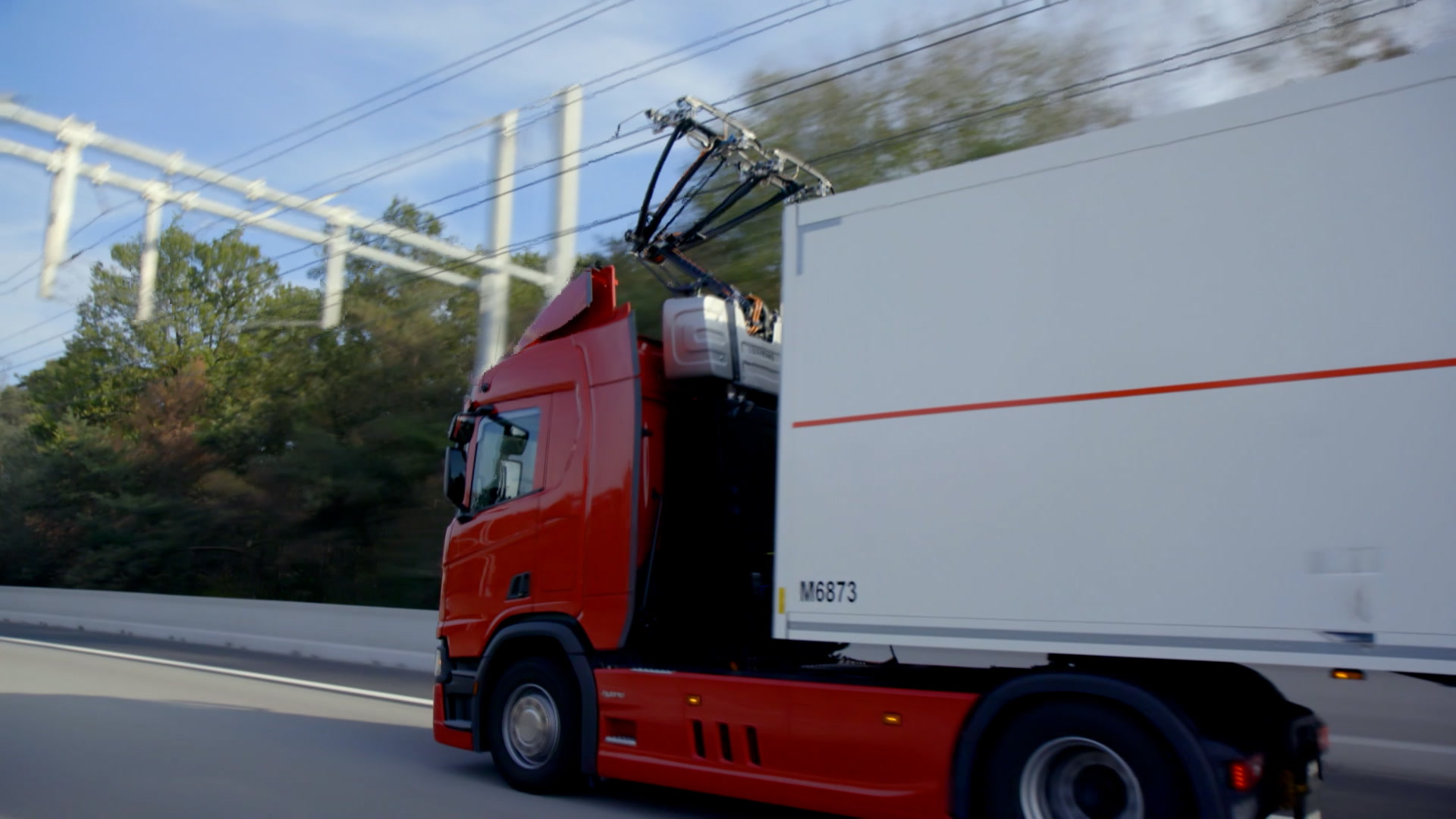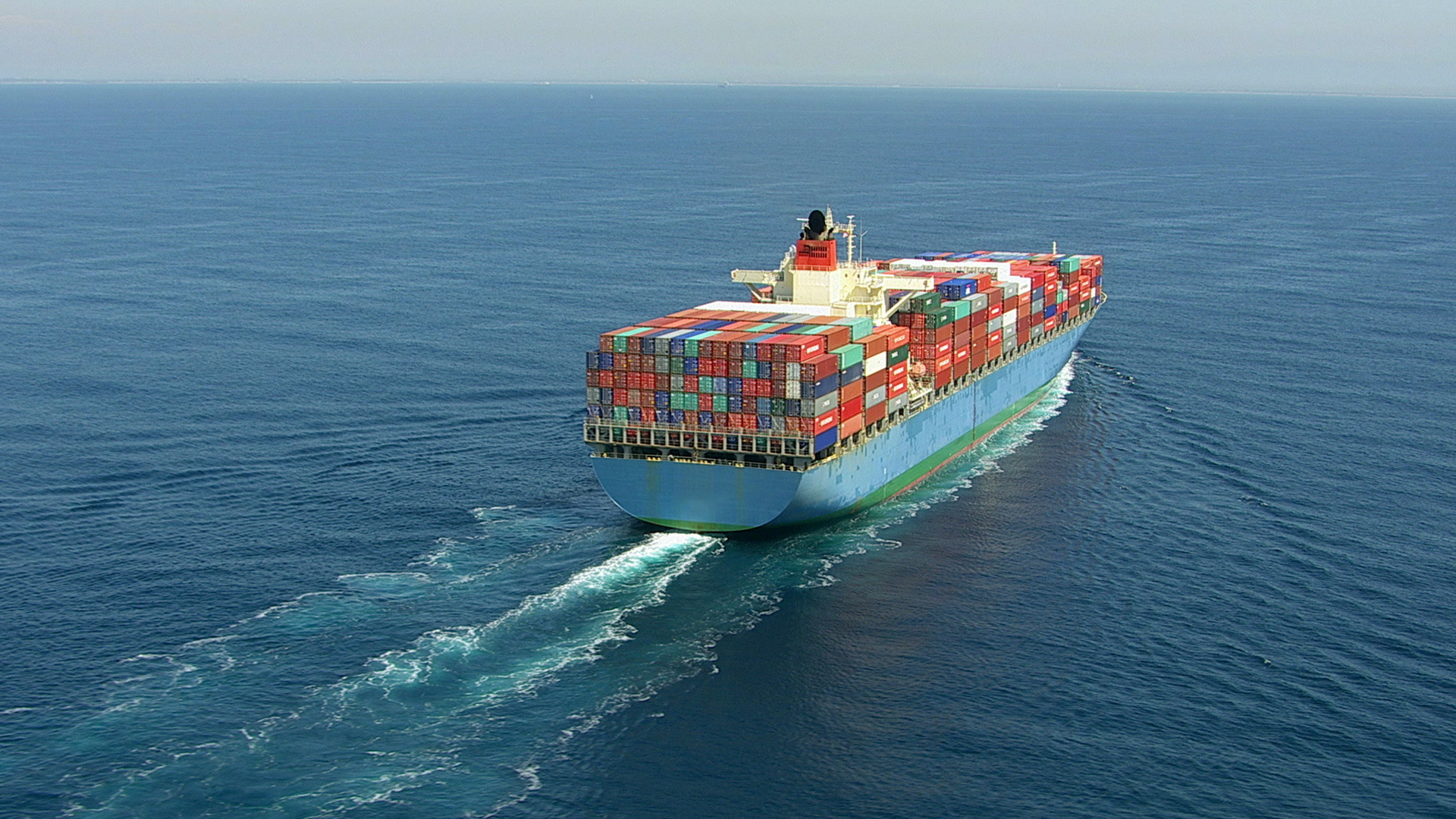Forest-friendly products pose a billion-dollar investment opportunity

Sustainability pays, according to a new report by the World Economic Forum and Tropical Forest Alliance 2020 Image: REUTERS/Ueslei Marcelino

Get involved with our crowdsourced digital platform to deliver impact at scale
Stay up to date:
Future of the Environment
Ending tropical deforestation is critical to achieving the objectives of both the Paris Climate Agreement and the UN Sustainable Development Goals. First though, it requires a substantive transformation of the supply chains of four major commodities – beef, soy, palm oil and pulp and paper. These are increasingly sourced from tropical forest regions, where their production has contributed catastrophically to deforestation.
The production of these commodities in tropical forest countries is worth roughly US$ 180 billion annually, and transforming their supply chains to full sustainability is an investment opportunity to the tune of roughly $200 billion a year, according to a new report by the World Economic Forum and Tropical Forest Alliance 2020, an opportunity that the financial sector can embrace by scaling up emerging models of deforestation-free finance.
The last few years have seen an exponential increase in commitments to take action to halt global deforestation by private sector companies in the consumer sector. Through voluntary declarations such the New York Declaration on Forests, well over 400 companies active in one or more of the four key commodities have made at least one relevant commitment to help eliminate deforestation from their value chains. A shift that must not come at the cost of economic prosperity, but can instead generate new investment opportunities, with sustainable land use and local economic prosperity going hand in hand.
Deforestation-free supply chains
Financial sector actor have very important roles to play in the shift to deforestation-free supply chains presents challenges, where they can kick off a virtuous cycle of attractive returns, reduced risk and greater access to cheaper capital by growers big and small. Much of what is required to capture this opportunity is similar to that of traditional finance to date, with similar counter-parties, collateral and cash-flow conditions, as well as risks related to weather and commodity-market volatility. Moreover, while publicly driven mechanisms sometimes play an essential role in enabling this transition, emerging financing models could drive change at scale, minimizing the need for large scale public funding.

This report, The Role of the Financial Sector in Deforestation-Free Supply Chains, focuses on six major models to promote deforestation-free finance, none of which is mutually exclusive and which are, indeed, often deployed in combination:
1. Compliance requirements applied by financial institutions
2. Compliance requirements applied by integrated or midstream players
3. Revision of financial institution’s risk-assessment methods to incorporate the benefits of deforestation-free supply chains
4. Innovative and green-labelled instruments that reduce the cost or increase the pool of finance
5. Sustainability-linked offtake agreements tied to finance
6. Publicly funded facilities to provide long-term capital, enhance returns or off-take risk.
The new ways of investing in sustainable production have the potential to boost productivity per hectare, reduce input costs and significantly raise overall profitability. They could also help to preserve important aspects of the ecosystem – whether improved biodiversity or carbon sequestration. These could even be monetized through public or private revenue streams, such as price premiums for sustainable commodities or carbon credits.
However, before any of these benefits can be felt, the financial sector needs to step up its involvement in this agenda. Cooperation between the financial industry, governments, producers and supply-chain partners can help identify opportunities for deforestation-free investments, develop a pipeline of projects and design scalable financing models.
Read the full report here: The Role of the Financial Sector in Deforestation-Free Supply Chains.
Learn more about the work of the Tropical Forest Alliance 2020 here.
Don't miss any update on this topic
Create a free account and access your personalized content collection with our latest publications and analyses.
License and Republishing
World Economic Forum articles may be republished in accordance with the Creative Commons Attribution-NonCommercial-NoDerivatives 4.0 International Public License, and in accordance with our Terms of Use.
The views expressed in this article are those of the author alone and not the World Economic Forum.
Related topics:
The Agenda Weekly
A weekly update of the most important issues driving the global agenda
You can unsubscribe at any time using the link in our emails. For more details, review our privacy policy.
More on Supply Chains and TransportationSee all
Nick Pickens and Julian Kettle
April 22, 2024
Rida Tahir
April 9, 2024
Kimberley Botwright and Spencer Feingold
March 27, 2024
Andrea Willige
March 19, 2024






